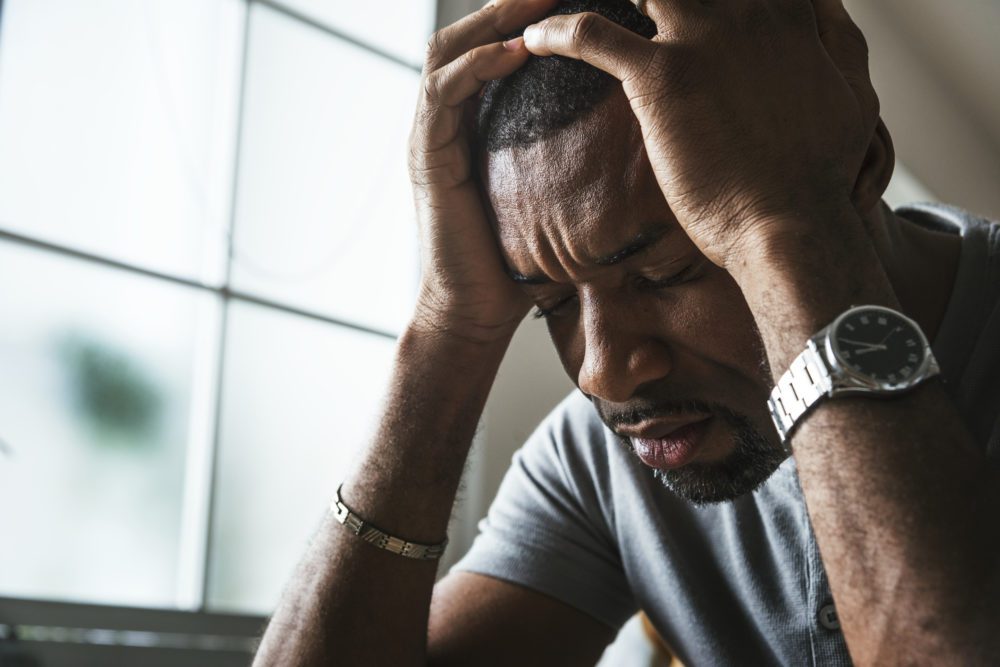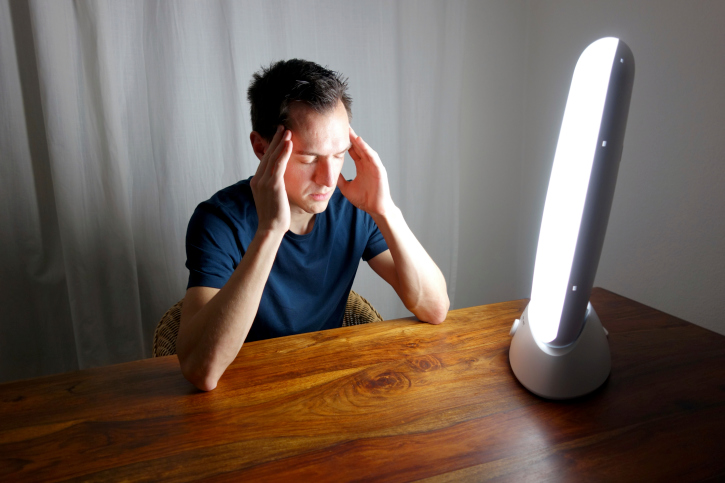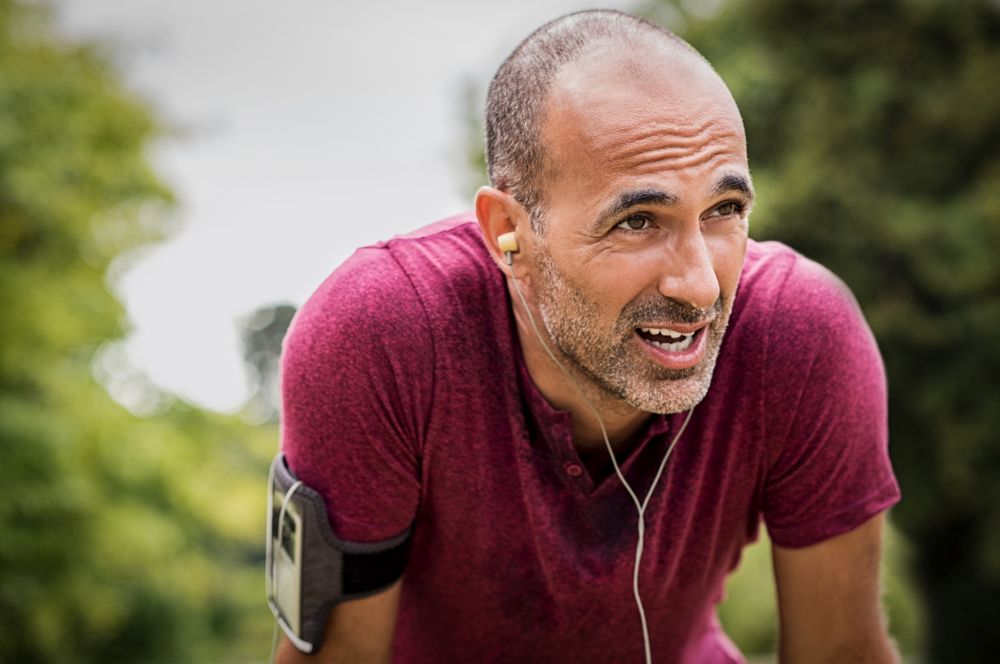Why do I get a headache after I run?
Exercise-induced headaches are a common problem. Here's what to do about them

Do you ever get in from a good run, buzzing from that post-run high, only to be hit with a sudden headache? If this sounds familiar, you’re not alone. In fact, a 2009 study found that out of nearly 2,000 respondents, 30 per cent experienced what’s called an exertional headache. In most cases, these headaches aren’t dangerous, but they can take your post-run glow away and be a damper on your motivation to train. Luckily, if you know what causes them, you can take steps to prevent them.

RELATED: Why does your nose run when you exercise?
5 causes of post-run headaches
Just because you get a headache after a run doesn’t necessarily mean it’s an exertional headache, so first let’s look at the other possible reasons your head is pounding after your run.
You’re dehydrated. The medical literature tells us that a headache is a common symptom of dehydration, and since you’re more likely to be dehydrated after you finish a run, this is also the time you’re more likely to end up with a throbbing head. Dehydration headaches are even more common during the warm weather, when you lose more fluid through sweat.
Your form is off. Running with poor form can cause tension in your neck and shoulders, which can quickly lead to a tension headache. Stress can also cause a tension headache, so if you’ve gone for a run after a particularly difficult day, that emotional stress could also play a role.
It’s really hot and sunny. Not only can the heat cause a dehydration headache, but exercising in the direct sun can also trigger a headache or migraine.
Your blood sugar has dropped. Research has shown that hypoglycemia (low blood sugar) is a common cause of headaches, which can be a problem if you typically run first thing in the morning before eating anything. Essentially, a headache is your brain’s way of telling you it needs glucose.
You have a migraine. For many people, light to moderate exercise can help relieve symptoms of a migraine, but according to the Migraine Trust, in some people it may trigger a migraine. If you are a migraine sufferer, it is very important to hydrate well, to eat something before you run and to introduce new exercise programs slowly.

Exertional headaches
There are two types of exertional headaches: primary and secondary. Doctors are not sure exactly what causes primary exertional headaches, but many believe it could be related to the narrowing of your blood vessels that occurs when you exercise. A secondary exertional headache is due to an underlying condition, which could range from anything as simple as a sinus infection to something more serious.
How to prevent exercise-induced headaches
Most post-run headaches can be treated with some acetaminophen or a warm compress applied to your head, but of course, the best treatment is to prevent them in the first place. Follow these tips to keep head pain to a minimum:
- Stay hydrated throughout the day by drinking water and eating fruits and vegetables with a high water content. If you’re running first thing in the morning, have a glass of water before heading out the door.
- If running in the sun, wear sunglasses and a wide-brimmed hat to protect your head and eyes from the sun’s rays.
- Try to eat a snack that contains carbohydrates an hour or two before your run. If you’re running first thing in the morning, try having something small, like half a banana or half a granola bar, before heading out.
- Take time to lightly stretch any tight muscles, particularly in your neck and shoulders.
- If you think your running form is contributing to headaches, consider seeing a physiotherapist who specializes in running to help you strengthen areas of weakness that could be contributing to the problem.
- Do a proper warmup and cooldown before and after your runs.

When to talk to a doctor
If you start experiencing post-run headaches when you don’t normally have a problem, you may want to make an appointment with your doctor, especially if you’re having other symptoms along with your headaches, like chest tightness, shortness of breath, vomiting, vision issues or stiffness. A sudden change in the type of headache you’re experiencing is also a reason to talk to a medical professional.


